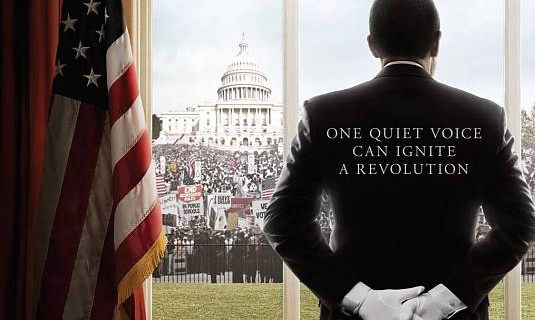As a child of the 80s (i.e. before the internet and search engines), my mother always directed us to the Encyclopaedia for the answers to our research questions.
So in honour of my mother – a strong, courageous, hard-working “woman of colour” – for this piece I first turned to Encyclopaedia Britannica, which describes Rev. Martin Luther King Jr’s leadership as “fundamental” to the United States civil rights movement’s success in ending the legal segregation of African Americans in the South and other parts of the US.
I also replayed and re-read MLK’s landmark “I have a dream” speech several times over the last week, and I continue to be fascinated and inspired. Not just by MLK’s literary eloquence, powerful and passionate presentation, but his embodiment of transformational leadership well before the leadership theory was even conceptualized and articulated.

The Transformational Leader
According to the originator of the concept, James MacGregor Burns, transformational leadership is a mutual process of engagement between leaders and followers in elevating each another to higher levels of morality and motivation[1]. Through the strength of their vision and their personality, transformational leaders inspire followers to change expectations, perceptions and motivations to work toward common goals[2]. Expanding on Burns’ theory, fellow-researcher Bernard M. Bass identified four main descriptors for transformational leaders. And though his life and work as a leader in the battle for true freedom, equality and justice encompassed far more than a rousing speech half a century ago on the steps of the Lincoln Memorial, I couldn’t help putting mental check marks as I compared MLK’s words on August 28, 1963 against them:
1. Transformational leaders challenge the status quo and encourage followers to explore new ways of doing things.
MLK certainly challenged the existing state of segregation and injustice, suggesting a new pathway to democracy, racial justice and brotherhood for all, fueled by creating the “urgency of now”.
2. Transformational leaders offer support and encouragement to individual followers, and direct recognition of each follower’s unique contributions.
MLK took time to empathize with the “great trials and tribulations…storms of persecution and … police brutality” of his followers, and encouraged them to “continue to work with the faith that unearned suffering is redemptive”, comforting them with the hope of imminent change that their cooperation could effect.
3. Transformational leaders articulate a clear vision to followers, and help them experience the same passion and motivation to fulfill these goals.
MLK spiritedly shared his dream, which 50 years onward transcends race, economic status and any other societal demarcations, and inspires and motivates millions beyond his original audience of 200,000 people to believe that they can emancipate themselves from whatever shackles constrain them from the life that they are equally entitled to.
4. The transformational leader serves as a role model for followers who trust and respect the leader, emulate and internalize his or her ideals.
Fifty years after his memorable speech and 45 years after his assassination, his physical existence might seem distant, but the influence of his leadership legacy is ever near. He was able to persuade others to believe in his “dream” for a better future. He swayed the course of history, and remains a key influencer of countless generations after him, regardless of “the color of their skin”.

As a Caribbean citizen, I must admit some ignorance about the profound, agonizing struggle of African-Americans for civil rights. Watching Lee Daniel’s The Butler just earlier today however brought a new perspective, and, perhaps for the first time, I really understood the true depth of the opening lines of President Obama’s victory speech in 2008: “if there is anyone out there who still doubts that America is a place where all things are possible; who still wonders if the dream of our founders is alive in our time, who still questions the power of our democracy, tonight is your answer.”
It is interesting that my mother too shared a philosophy that all things are possible, and taught us to always have a dream.
@rhondajaipaul

I liked the way you organised your thoughts, how you combined your childhood experience, your mother and your thoughts on MLK.
Thank you for sharing your perspective on MLK as transformational leader. I must say that I agree with argumentation and I have also learned a new term 🙂